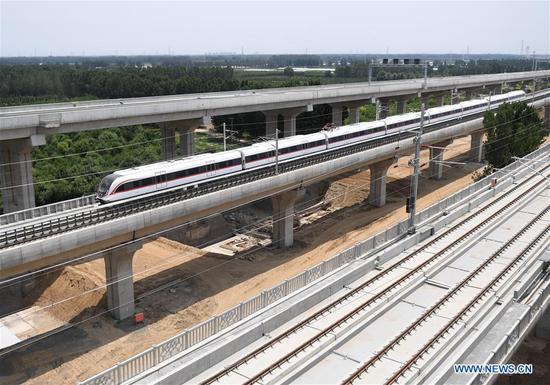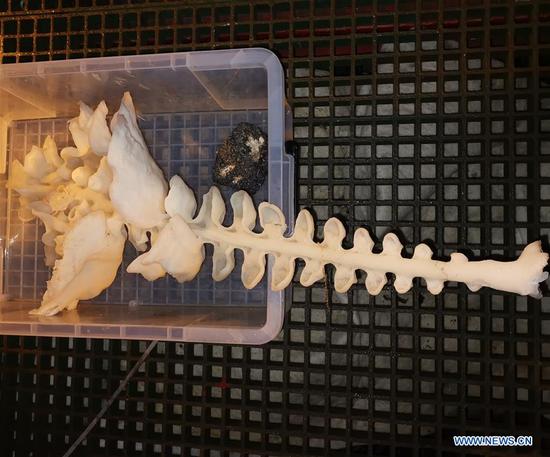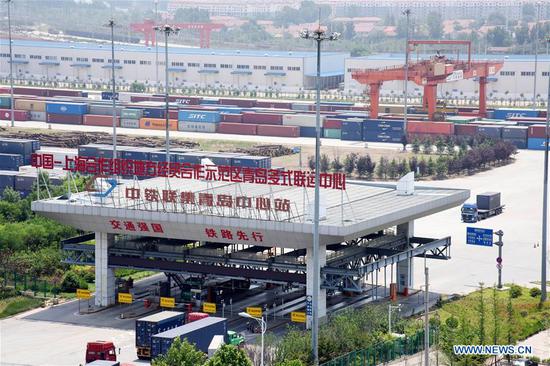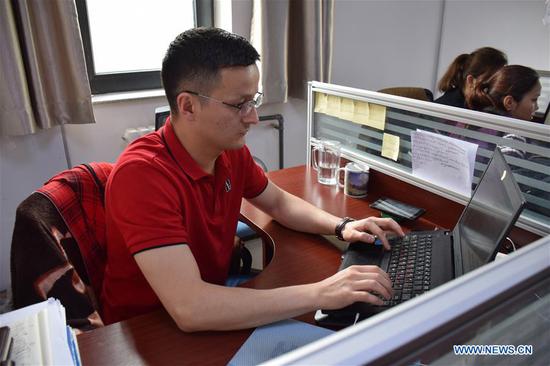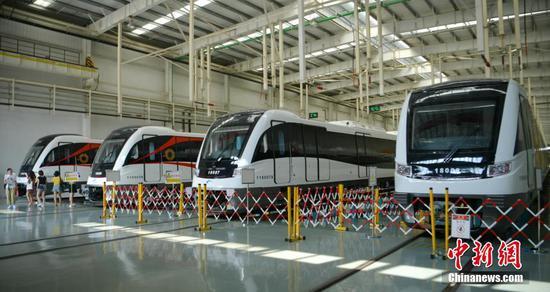Judicial streamlining efforts include allowing lawsuits to be submitted online
Litigants will enjoy better legal services, including cross-regional case filing and online document delivery, as part of efforts to make it easier to bring cases to court.
The Supreme People's Court, the country's top legal body, called on courts across China last week to make filing of cases more convenient for litigants by no longer requiring them to travel to faraway courts and by increasing judicial efficiency.
While promoting platforms to help litigants file cases online, all courts should also strengthen stepby-step efforts to implement cross-regional case filing, the top court said.
Cross-regional case filing allows a litigant to initiate a lawsuit in the court closest to their home, even when it has no jurisdiction to hear the dispute. It was a key requirement raised by President Xi Jinping during a conference on political and legal work in January.
Some courts have conducted pilot programs in recent years, with 118 courts in Jiangxi province now able to exchange information on the filing of cases with each other using a unified, intelligent platform established in 2017.
Jian Zhi, a Jiangxi native, benefited from the platform last year when she filed a case in Nanchang, the provincial capital, where she works. She would previously have been required to go to a court in Linchuan district, in the neighboring Jiangxi city of Fuzhou, to initiate litigation on the demolition of a house in the district.
The court in Nanchang helped the 59-year-old upload her accusation and legal materials, and then transferred them via the platform to the court in Linchuan. The process took just 15 minutes.
"My home is more than 100 kilometers from Nanchang," she said. "I was anxious when I decided to file the case last year, because going back would have been expensive and time-consuming. The platform made access easier."
Statistics provided by the Jiangxi High People's Court show the platform enabled the cross-regional filing of 21,700 cases in the first five months of this year.
"The move not only saves time for litigants, but also encourages all courts in our province to increase work efficiency and improve the quality of our legal services," said Liu Xiaoling, director of the high court's No 1 case-filing division.
In another step in the promotion of cross-regional case filing, courts in Beijing, Tianjin and Hebei province agreed this month to help litigants file cases across their jurisdictions to more effectively solve disputes related to the Xiongan New Area, an area of "national significance" about 100 km south of Beijing covering Xiongxian, Rongcheng and Anxin counties in Hebei.
Meanwhile, the Supreme People's Court has asked all courts in the Yangtze River Delta to implement cross-provincial case filing by the end of this year.
Kou Fang, president of the Beijing High People's Court, said people would also no longer need to go to court to get their verdicts or judicial documents, "as delivery has been ordered to be put online to further alleviate litigants' travel burden and reduce the waste of legal resources".
He said attempts at online delivery had begun with the collection of the online addresses of 18 e-commerce companies, 14 banks, seven insurance corporations and governments in 16 districts.
"We're trying to improve data security to encourage more litigants to trust the efficient legal service," he added.














